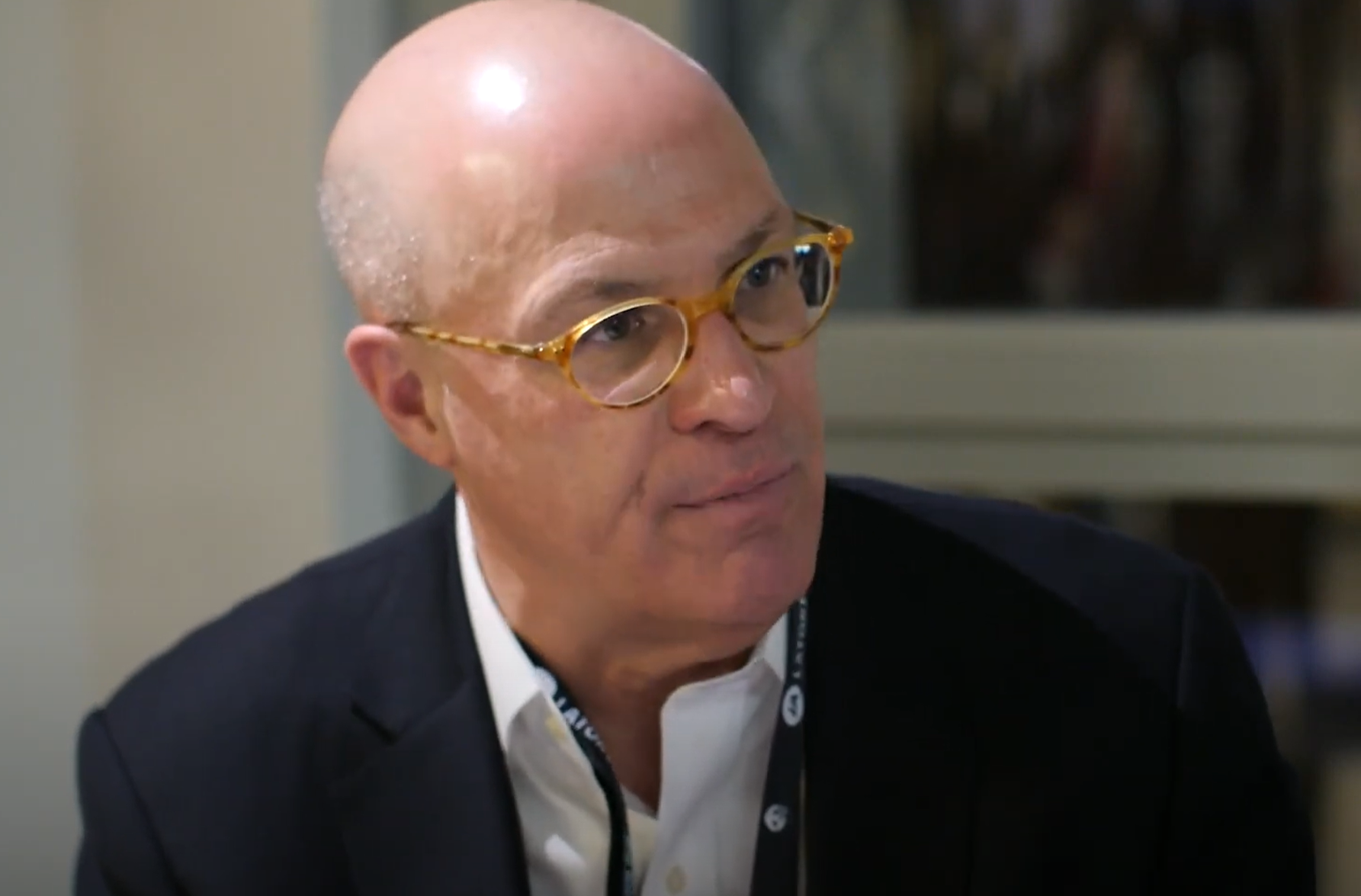ARTICLE AD
Buterin’s “training wheels” concept for Ethereum scaling has shifted over time. First introduced in 2022, it lays out a plan for layer-2 solutions to move toward full decentralization.
Key Notes
Vitalik Buterin sets strict decentralization standards for Ethereum layer-2 networks, requiring "Stage 1" for his support from 2025."Stage 1" decentralization includes fraud/validity proofs and multi-signature setup with external oversight, moving beyond centralized control.Ethereum shifts focus to layer-2 scaling, with projects like ZKsync, Arbitrum, and Optimism working towards full decentralization.Ethereum co-founder Vitalik Buterin set a firm line for layer-2 scaling networks, signaling that only those reaching “Stage 1” in decentralization will get his approval. In a September 12, 2024 post, Buterin doubled down on decentralization, saying that from next year, only projects meeting his standards will receive public support.
I take this seriously. Starting next year, I plan to only publicly mention (in blogs, talks, etc) L2s that are stage 1+, with *maybe a short grace period* for new genuinely interesting projects.
It doesn't matter if I invested, or if you're my friend; stage 1 or bust.
Multiple… pic.twitter.com/4cGxgsfmUc
Buterin clarified that projects failing to hit this level are “dead to me.” He stressed that even personal ties or investments won’t change his stance, adding, “Stage 1 or nothing.” This highlights Ethereum’s vision for a decentralized and secure future. Several zero-knowledge rollup teams assured him they aim to reach this goal by late 2024.
Decentralization Milestone for Layer-2
Vitalik Buterin’s “training wheels” concept for Ethereum scaling has shifted over time. First introduced in 2022, it lays out a plan for layer-2 solutions to move toward full decentralization. It starts with “Stage 0”, where projects are in early development, dependent on central control, and lacking strong cryptographic security.
Buterin’s next phase “Stage 1” adds key elements like fraud or validity proofs and a multi-signature setup guided by external oversight and a secure council. This shift marks the end of rollups being just “glorified multisigs,” as Buterin once called them, criticizing their lack of true decentralization.
Now, as projects move toward Stage 1, Buterin is optimistic about their progress, signaling a shift to better cryptographic trust. This progress sets the stage for “Stage 2,” where decentralization reaches its peak, and security councils step in only for bugs, with long upgrade delays ensuring safety.
Ethereum’s Push for Layer-2 Efficiency
Ethereum is at a turning point in its scaling efforts. Years of Layer 1 upgrades, like the Dencun update in March 2024, have brought progress. Now, Buterin envisions the next steps in scaling through gradual improvements. While Layer 1 development continues, the spotlight shifts to boosting blob capacity and fine-tuning layer-2 rollups. The aim is to make these systems more efficient and secure.
Several projects, including ZKsync, Arbitrum, and Optimism, are working towards full decentralization over the next few years. But that’s just the beginning. Buterin predicts Ethereum will enter a new phase of rollups by 2025, fully decentralized and needing little outside involvement. With Ethereum’s steady growth and the scaling potential of layer-2 solutions, Buterin’s forecast could soon be realized.
Disclaimer: Coinspeaker is committed to providing unbiased and transparent reporting. This article aims to deliver accurate and timely information but should not be taken as financial or investment advice. Since market conditions can change rapidly, we encourage you to verify information on your own and consult with a professional before making any decisions based on this content.
Blockchain News, Cryptocurrency News, News

With over 3 years of crypto writing experience, Bena strives to make crypto, blockchain, Web3, and fintech accessible to all. Beyond cryptocurrencies, Bena also enjoys reading books in her spare time.


 2 months ago
10
2 months ago
10 

